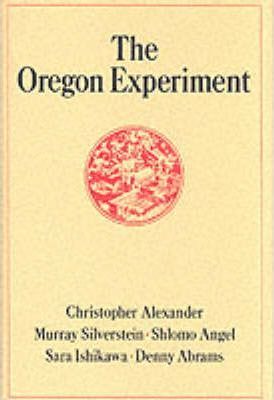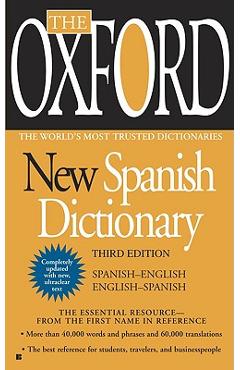The Oregon Experiment | Christopher Alexander

Detalii The Oregon Experiment | Christopher
carturesti.ro
254 Lei
Carte straina
Oxford University Press
The Oregon Experiment | Christopher - Disponibil la carturesti.ro
Pe YEO găsești The Oregon Experiment | Christopher de la Oxford University Press, în categoria Carte straina.
Indiferent de nevoile tale, The Oregon Experiment | Christopher Alexander din categoria Carte straina îți poate aduce un echilibru perfect între calitate și preț, cu avantaje practice și moderne.
Caracteristici și Avantaje ale produsului The Oregon Experiment | Christopher
- Departament: gaming-carti-birotica
- Ideal pentru pasionații de jocuri, birotică și distracție online.
Preț: 254 Lei
Caracteristicile produsului The Oregon Experiment | Christopher
- Brand: Oxford University Press
- Categoria: Carte straina
- Magazin: carturesti.ro
- Ultima actualizare: 27-10-2025 01:24:43
Comandă The Oregon Experiment | Christopher Online, Simplu și Rapid
Prin intermediul platformei YEO, poți comanda The Oregon Experiment | Christopher de la carturesti.ro rapid și în siguranță. Bucură-te de o experiență de cumpărături online optimizată și descoperă cele mai bune oferte actualizate constant.
Descriere magazin:
After a ten-year silence, Christopher Alexander and his colleagues at the Center for Environmental Structure are not publishing a major statement in the form of three works which will, in their words, "lay the basis for an entirely new approach to architecture, building, and planning, which will, we hope, replace existing ideas and practices entirely." The three books are The Timeless Way of Building, A Pattern Language, and The Oregon Experiment. At the core of these books is the idea that people should design for themselves their own houses, streets, and communities. This idea may be radical (it implies a radical transformation fo the architectural profession) but it comes simply from the observation that most of the wonderful places of the world were not made by architects but by the people. This book is the master plan for the University of Oregon, and is now being implemented at that university; but it shows at the same time how any community the size of a university or small town might go about designing its own future environment-with all members of the community participating personally. It is a concrete example at the Center\'s theories in practice, showing in simple detail, with numerous illustrations, how to implement six guiding principles: organic order, participation, piecemeal growth, patterns, diagnosis, and coordination.

Produse asemănătoare
Produse marca Oxford University Press

The Oxford New Desk Dictionary and Thesaurus - Oxford University Press
![]() libris.ro
libris.ro
Actualizat in 28/10/2025
55.75 Lei

The Oxford New Spanish Dictionary: Third Edition - Oxford University Press
![]() libris.ro
libris.ro
Actualizat in 28/10/2025
50.17 Lei

Pocket Oxford American Dictionary - Oxford University Press
![]() libris.ro
libris.ro
Actualizat in 28/10/2025
77.84 Lei

The Oxford New Portuguese Dictionary: Portuguese-English, English-Portuguese - Oxford University Press
![]() libris.ro
libris.ro
Actualizat in 28/10/2025
50.17 Lei

Oxford American Large Print Dictionary - Oxford University Press
![]() libris.ro
libris.ro
Actualizat in 28/10/2025
150.38 Lei

Catholic Bible-RSV-Large Print - Oxford University Press
![]() libris.ro
libris.ro
Actualizat in 28/10/2025
318.06 Lei